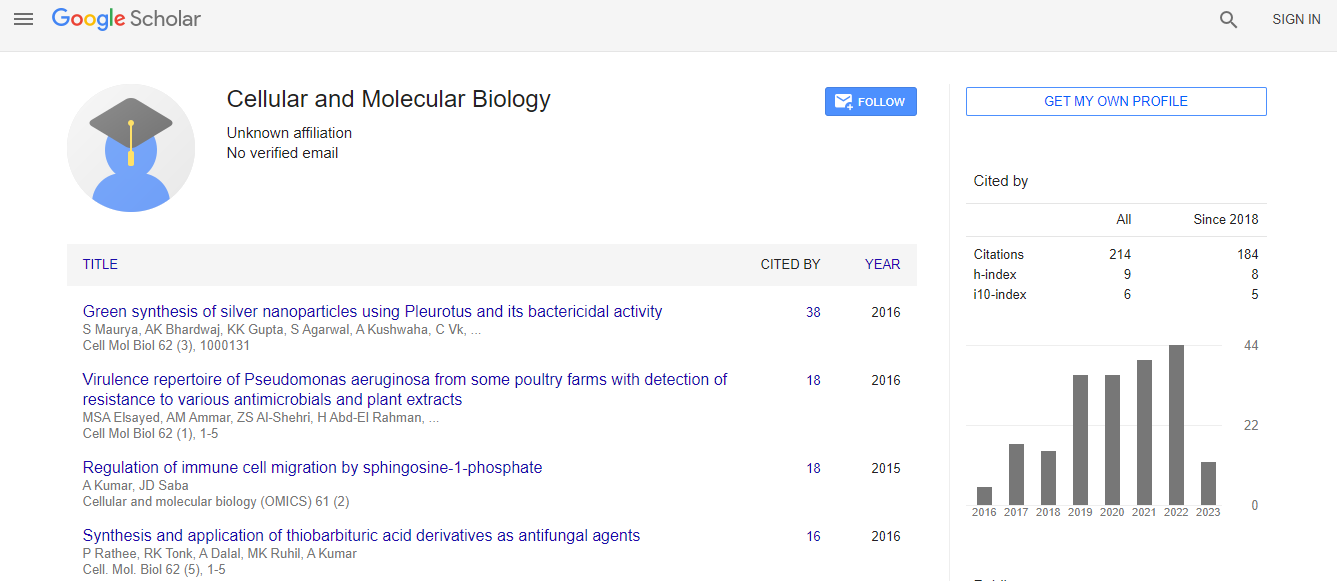The Cardiotoxicity of Bupivacaine and Levobupivacaine in Combination with Carnitine in Rats
*Corresponding Author: Çetintaş Yeşim, Department of Anesthesiology, Akdeniz University Faculty of Medicine, Turkey, Tel: +90 242 2496257, Email: yesimcetintas@yahoo.comReceived Date: Aug 08, 2019 / Accepted Date: Oct 17, 2019 / Published Date: Oct 20, 2019
Citation: Metin C, Yeşim Ç, Bilge K, Zekiye B, Nurten K (2019) The Cardiotoxicity of Bupivacaine and Levobupivacaine in Combination with Carnitine in Rats. Cell Mol Biol 65: 157.
Copyright: © 2019 Metin C, et al. This is an open-access article distributed under the terms of the Creative Commons Attribution License, which permits unrestricted use, distribution, and reproduction in any medium, provided the original author and source are credited.
Abstract
Background: Cardiotoxic effects of local anesthetics are much more common in the presence of carnitine deficiency.
Objective: We examined the cardiotoxic effects of levobupivacaine and bupivacaine in combination with carnitine, in rats.
Methods: 21 female rats were divided into three groups [carnitine, carnitine + bupivacaine, carnitine + levobupivacaine]. All groups received 100 mg.kg-1 I.V. carnitine slowly in five minutes, and 2 mg.kg. min-1 bupivacaine or levobupivacaine were given to second and third groups respectively. The study was continued 16 minutes in control group and until cardiac arrest of rats in second and third group. Average heart rate, median arterial blood pressure, PR and QRS complex intervals on ECG of D1, D2, D3 derivations of rats were evaluated. Onset of prolongation of these intervals and then every two minutes PR and QRS complex intervals were recorded afterwards. Time until asystole developed and total doses of local anesthetic agents given during this time were recorded.
Results: We observed idioventricular rhythm and nodal rhythm in both local anesthetic groups and in one case second degree AV block in the bupivacaine group. PR and QRS complex intervals on ECG were significantly different between groups. Total doses of local anesthetics and cardiac arrest times were significantly different, in favor of levobupivaine.
Conclusion: Using the same dose, levobupivacaine was less cardiotoxic when compared to bupivacaine with the existence of carnitine. The current study does not provide any evidence for prophylactic use of carnitine to avoid local anesthetic related cardiotoxicity.

